That question was posed to me this afternoon by a coworker. It is, indeed, a good question. Certainly, broadcast engineering is more of a vocation than a career, especially where it concerns radio stations. Why would anyone work for low wages, long hours, little or no recognition, 24/7 on-call, and or unappreciative management?
Further, in this risk-averse, zero-defect, micromanaged environment, what is the upside to being a radio, RF, or broadcast engineer?
I suppose one would have to have some appreciation for history. One of the reasons I cover radio history here or certain historical events is that without knowing the roots of radio, one would be hard-pressed to find today’s version of radio broadcasting even remotely interesting. Understanding that before there was the internet, web streaming, Spotify, Youtube, Sirius/XM, television, cellular telephones, 3G, 4G, and so on, radio was mass media. Radio was people-driven, and people-oriented, not an automated computer programmed from afar. People tuned in for the music but also the personality and the personal connection.
Growing up in the late sixties and seventies, radio was my link to the outside world. As a young boy living in rural upstate New York, my mostly agricultural surroundings seemed a bit provincial. Through radio, I was able to listen to the clear channel stations from New York City, Chicago, Detroit, Nashville, Charlotte, Pittsburgh, Washington DC, Cincinnati, etc. The street that I grew up on did not get cable TV until 1980, prior to that, the rooftop antenna received exactly two channels when it wasn’t blown over by a storm. The black and white TV was often broken, sometimes for over a year. It was of no great consequence, however, when nightly under my pillow, the battery-powered transistor radio was employed until midnight or later.
When I got older, shortwave radio kits were built and listened to.
Through that medium, I learned about life outside of my small town.
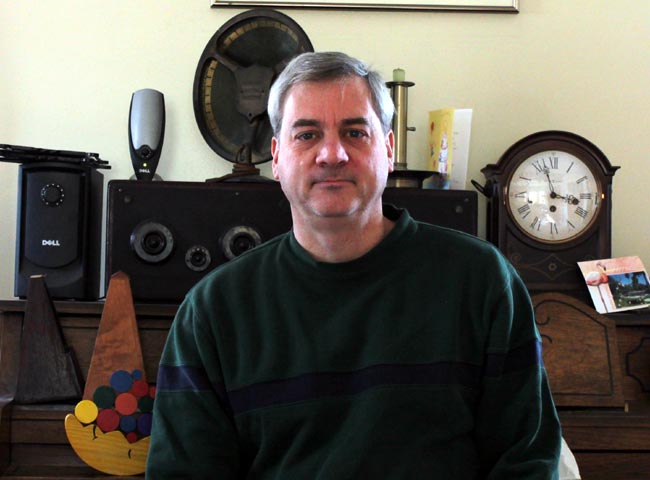
The upside is being a part of something that can still be great, although those stations are getting harder and harder to find. Still, there is a certain pride to a job well done, a clean transmitter room, and a well-tuned machine working into a properly tuned antenna. Does anyone even appreciate that anymore? I do. Lou Dickey, John Dickey, Bob Pittman, Leslie Moonves, and other CEOs may not care that the transmitter site is clean and well-kept. They may, in fact, question it as a waste of salary. I appreciate it. Fellow engineers will appreciate it, too.
Starting a transmitter, especially a high-powered tube transmitter, is a joy all its own. Nothing against Nautel, they make fine transmitters, however, when pressing the on button, the outcome is almost assured: The transmitter will turn on. Not so with certain tube-type transmitters. Pressing the plate-on button for one of those can have many different outcomes. There is a certain thrill when it all works right, the first time. There is a certain pride in driving away from a transmitter site, listening to the radio, and knowing; I caused that to happen.


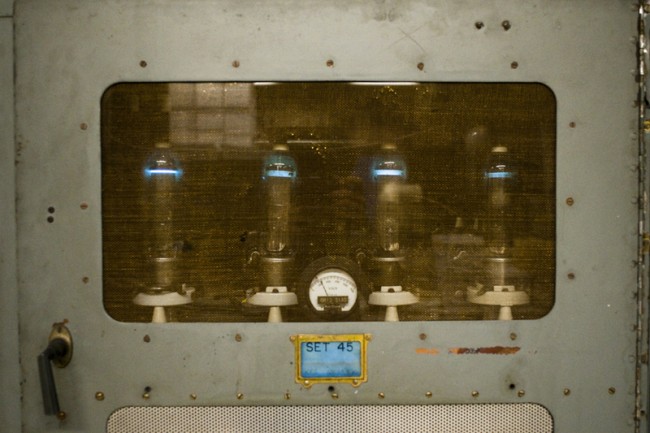
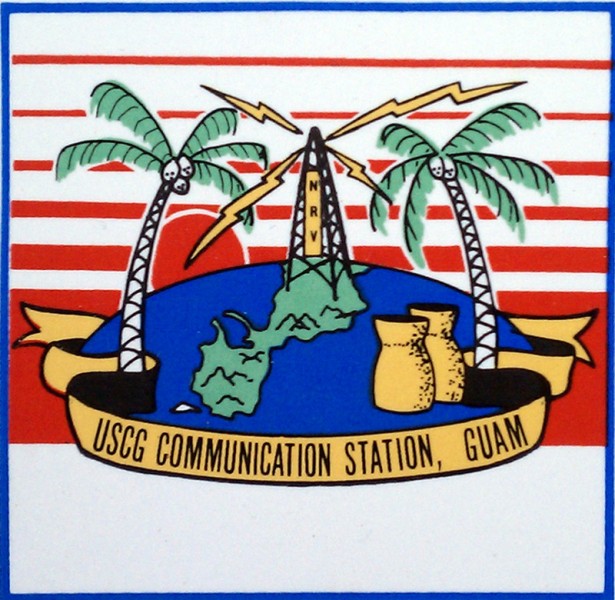
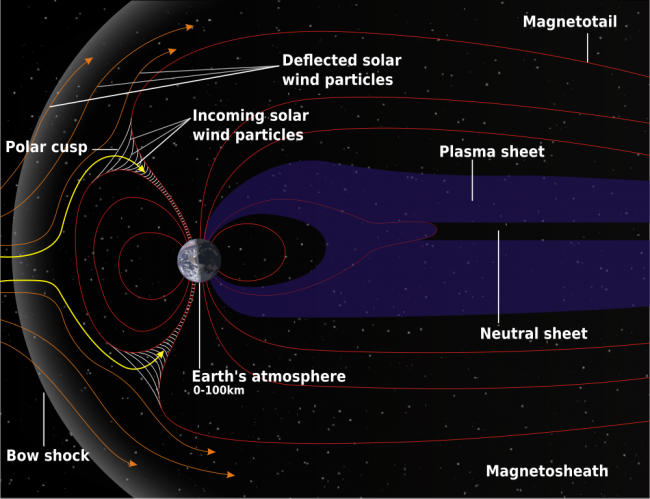
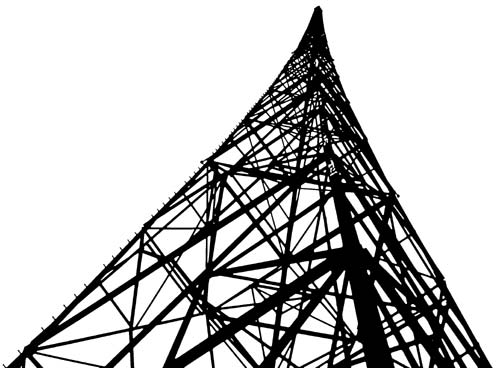
Great stuff. Until 2007, I was running the 250 Kw transmitters at VOA-Delano.
Before that, the 250s at Bethany. Now, monitoring satellite uplink. Just ain’t fun any more. Going to call it quits in June. Tired, been doing radio/tv since 1967.Going back to Ohio and see my family again.
Thanks, Dave Hall for this site info. I’ll be back for sure.
John WB9AUJ
jvodenik (at) verizon (dot) net
jvodenik (at) bbg (dot) gov
Well written article, and 100% true. A great sounding station, whether AM or FM, and minimal downtime and ‘legal RF’ (90-105% of licensed power) is what our goals are. But putting the extra care into the site, (with or without management’s blessing) makes all the difference in the world! You nailed it!
John, I always wanted to hit the plate on button for one of those high powered HF rigs. Few people get to do that.
Mark, Sometimes it is the small things that make all the difference.
If you follow this link there is a nice 30 min video of engineer Håkan Widenstedt and his
work with a couple of 600Kw Hf Tx in Sweden
http://vimeo.com/38682048
David
I have only been in electronics since 1952 and still enjoy it. Now working as chief engineer at a midwestern radio network.
As a 20-something programmer I am fascinated by your field of work. I grew up with a more hands on approach and right now the majority of working engineers are absolutely stuck at a desk for the entirety of their career. Somehow I’m sort of depressed by the ease of pushing a button to communicate data practically anywhere, and when I drive long country roads I often marvel at the engineering feats that tower above my head transmitting data in a fashion I’ll never know… Simply put – it’s interesting.
I stumbled across your site researching the Long Lines microwave network and have since read the first 5 pages of posts. Kudos for having such an interesting site with great content. Thanks for your service and for an interesting view into a different field of work.
John, thanks for stopping by, I enjoy writing this thing, I am glad somebody enjoys reading it.
Paul, I kept going through your site’s content last night and couldn’t help but to offer a hand if you ever need it – you have fantastic data and content. I specialize in web applications development with one of my many niches being custom WordPress development. If you ever want some help with migrating content, upgrading the software, custom/modifying themes, implementing nested commenting, hosting, consulting, or anything generally web related I would be happy to donate my time and expertise. My email address is recorded in your WordPress comment moderation administrative section if you ever wish to get a hold of me.
Sorry to bug you again! Keep up the fantastic work!